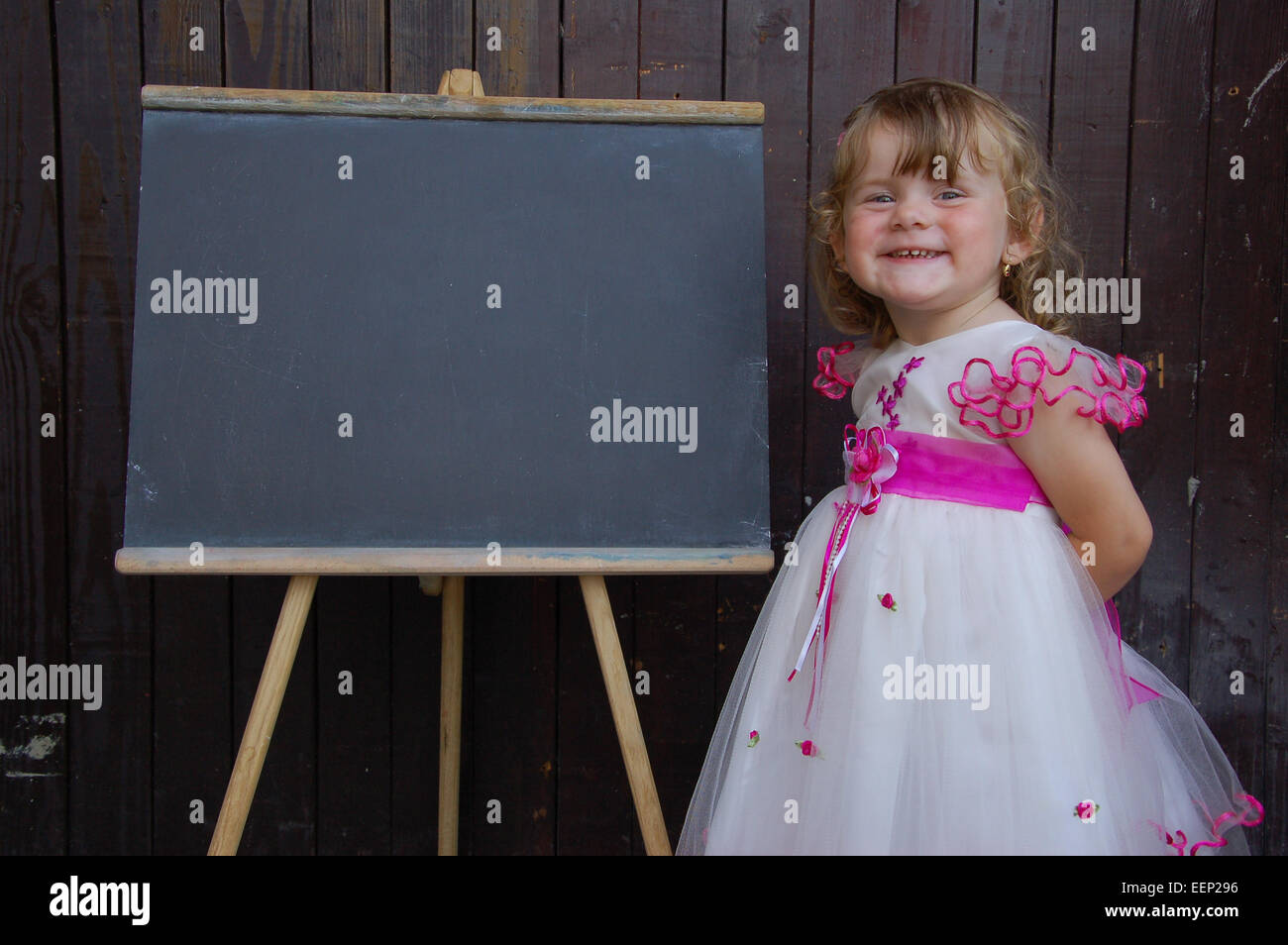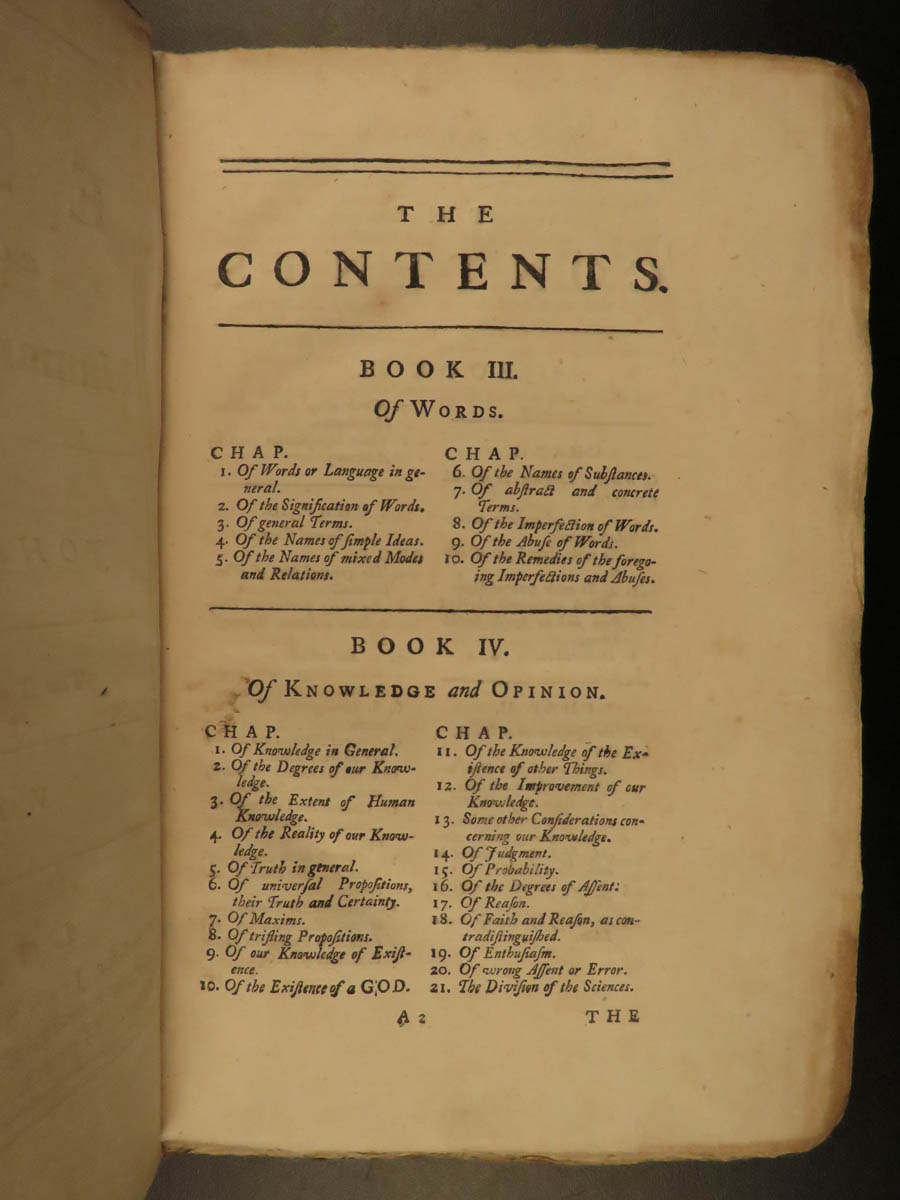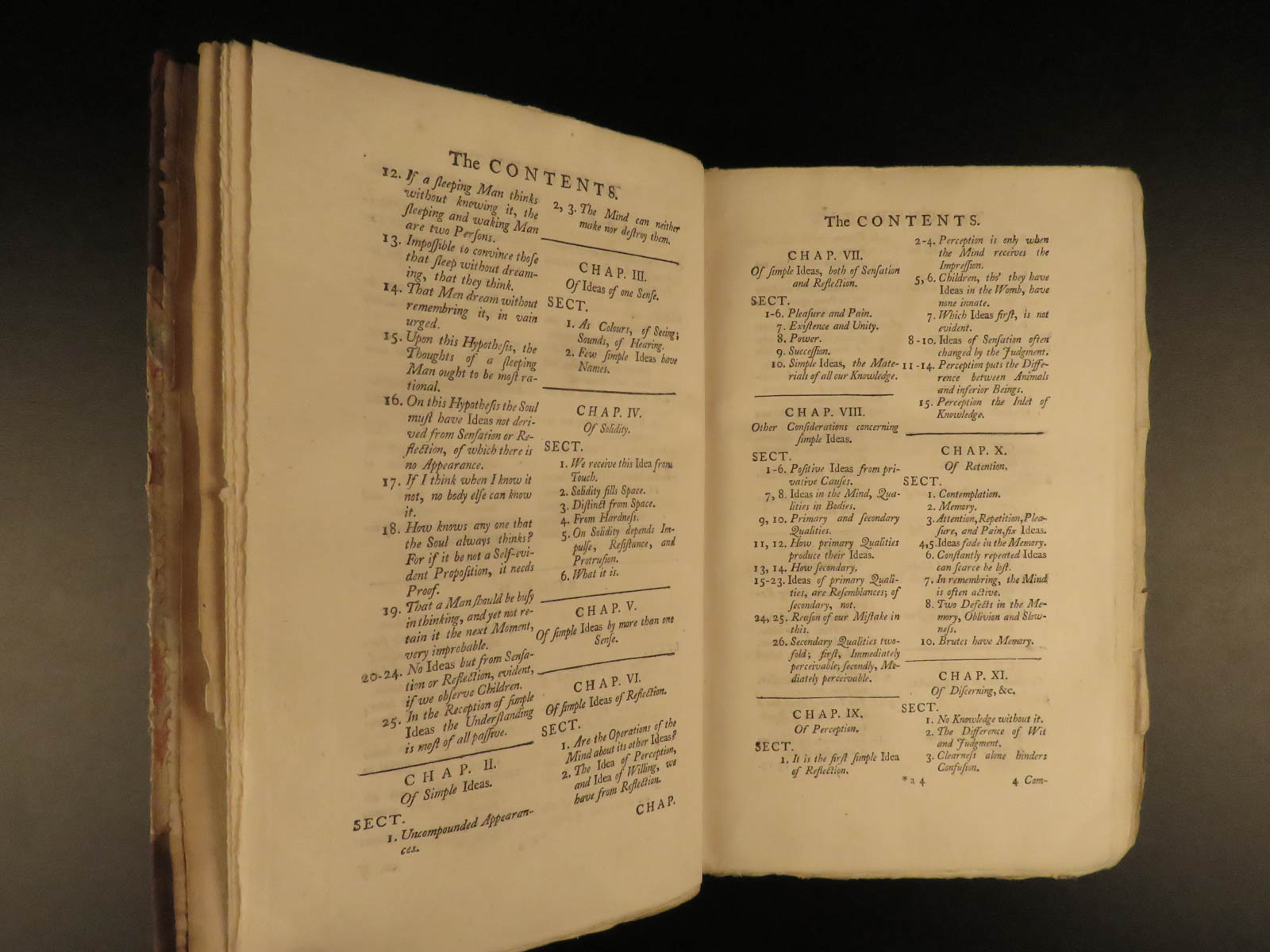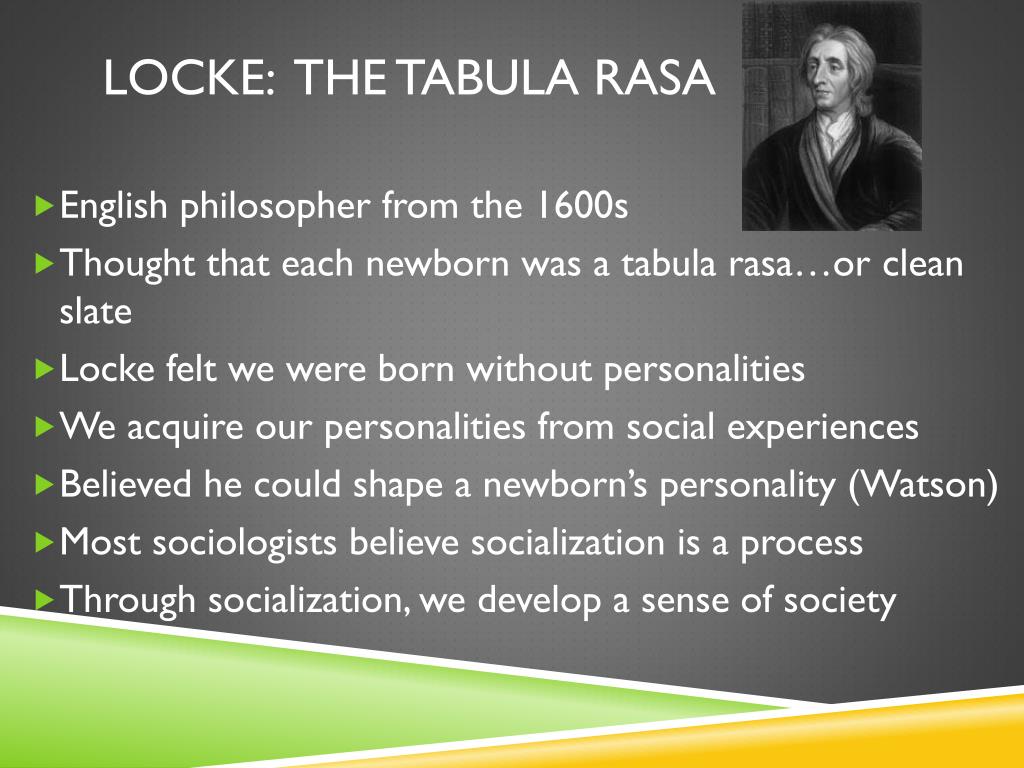
Following Rousseau’s philosophy, Froebel advocated respect for young children’s needs and the importance of sensory training. Froebel’s idea was born out of the desire to socialize young children and to expose them to an education in science, music, and language outside the home. We can thank Friedrich Froebel (1782 – 1852), a German educator who created kindergarten in Germany in 1837, for that. Most of us probably think of kindergarten when we consider early childhood education.Such child-centred education, emphasizing activity and the use of senses, was thought to foster the development of each child’s moral and intellectual potential. This idea is still incorporated into ECE programs today. According to Rousseau, children learned best by experiencing and exploring their environments. He also believed education should begin at birth and continue well into adulthood, emphasizing the differences between the minds of children and adults, and adjusting educational methods accordingly.
John locke tabula rasa free#
His belief in the innate goodness of children led him to propose early schooling that enabled children to direct their own activities, free from the constraints imposed by “society”. Jean Jacques Rousseau (1712-1778) was a French writer, philosopher, and social theorist.He emphasized respectful, loving relationships as the best way for adults to inspire the child to replicate their behaviours, and that learning should be fun, not a task to be imposed. Locke strongly believed in “nurture” over “nature.” This belief led him to emphasize the idea of early education and changes in parental care, such as allowing young children to explore their world physically without restraint and the use of gentle forms of discipline. John Locke (1632-1704) developed the theory (known as “Tabula Rasa”, or “Blank Slate”) that children come into the world with an empty mind, and that knowledge and learning is received through experience and converted to understanding through reasoning.He was also the first to introduce the concept of “grades”, or different levels of education determined by each individual child’s age and developmental stage. Comenius believed all children to age 6 should be taught in their native languages. John Amos Comenius (1592-1670) published what many consider to be the first picture book dedicated to the education of young children.He believed the school’s role was to educate the intellectual, religious, physical, emotional, and social aspects of children. Martin Luther (1483-1546) was a keen advocate of universal education, and believed both boys and girls should be educated to read independently so that they could have access to the Bible, instead of relying on verbal retelling.Quintilian (AD 35-95), educator in the new Roman empire, was also an advocate for play, and encouraged parents to choose their children’s tutors and nurses with great care, emphasizing learning through imitation rather than intimidation.The teacher’s role was to try to direct children’s inclinations and pleasures through play towards their final aim in life. If children were to become builders, he suggested, they should play at building houses. Plato viewed play as a form of anticipatory socialization.


For over 2,000 years the issues of “why” and “how” to teach young children have engaged philosophers, psychologists and educators seeking to discover universal laws of child development.


Historical Foundations of Early Childhood EducationĮarly childhood education has roots that reach far back into history. And that is what makes early childhood education unique it starts with the child and not with the subject matter. What they had in common was an understanding of children. Those who contributed to the discipline of early childhood education came from occupations and professions outside the academic domain. For over 2,000 years the issues of “why” and “how” to teach young children have engaged philosophers, psychologists and educators seeking to discover universal laws of child development.Įarly childhood education is an important step in educating young minds and offering stimulating opportunities for exploring and learning.


 0 kommentar(er)
0 kommentar(er)
